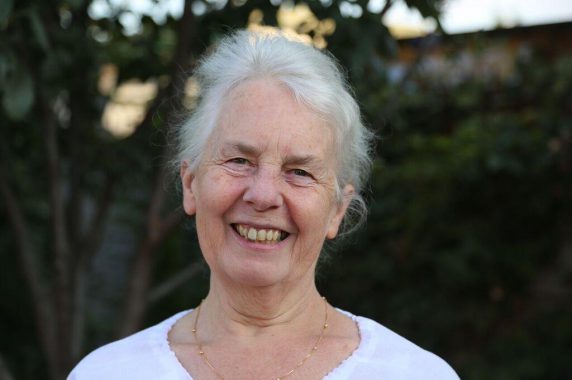Having dementia as a GP has been an unexpected gift

I was once the executive partner of a large practice in Southampton. I loved my work, my patients and teaching. In my late 50s I realised something was seriously wrong, but I was young, articulate and a good doctor, no-one believed me. It took five years to get a diagnosis.
Doctors need to provide hope as they do with any other condition
My initial symptoms were getting lost when visiting patients, not being able to find my way to the branch surgery and eventually not being able to find my way home. So I just bought a satnav. I found I did not recognise people I once knew well: relatives, neighbours or colleagues at work. I made a complete fool of myself at a case conference which I was chairing by asking everyone to introduce themselves as I told them I had never met any of them before although I had been working with them for 20 years. I knew I had to resign because my patients’ safety was paramount.
My father had dementia so I knew something of how it affects the family but had no idea how different it was from ‘the inside’. As with most doctors, I did not know that I did not know.
I see my dementia as an unexpected gift (even if unwelcome) and a wonderful opportunity. I used to produce health education leaflets for friends, acquaintances and family. I gave a talk to my church and was then asked to record it. My son did so, and set up my website producing more teaching videos used all round the world. I was given no help or support so found an early onset dementia group run by the Alzheimer’s society.
What can GPs do to help?
GPs need to continually provide information, too much too soon is counterproductive as some patients are overwhelmed and then feel abandoned. I realised that I was also having auditory olfactory and visual hallucinations but no doctor ever asked me about these. One day I did not recognise my husband, so we searched the country for a dementia-appropriate facility. We were appalled that so many removed independence, disabling rather than enabling those with dementia. We chose a place run by St Monica’s Trust which facilitates independent living with care packages as required, onsite respite and long-term dementia care. My husband died shortly afterwards and I am so glad I live here. I have many opportunities to use my teaching skills whether at large conferences, small groups or locally.
I think we are with dementia where we were with stroke 15 years ago – now we expect improvement in stroke even if the brain is damaged. I passionately believe we can improve in dementia as well.
I run groups twice a week where I live, the management facilitate and support this as they have seen the difference it makes to the community. I am always learning from others with dementia and finding what works, we can make a tremendous difference to how we live with dementia. Doctors need to provide hope as they do with any other condition.
Dr K Jennifer Bute FRCGP is a retired GP. This year’s Dementia Awareness Week (15-21 May) is about encouraging people to confront dementia head on, be aware that you can do something about your worries and come to Alzheimer’s Society for help and support.
Visit Pulse Reference for details on 140 symptoms, including easily searchable symptoms and categories, offering you a free platform to check symptoms and receive potential diagnoses during consultations.









